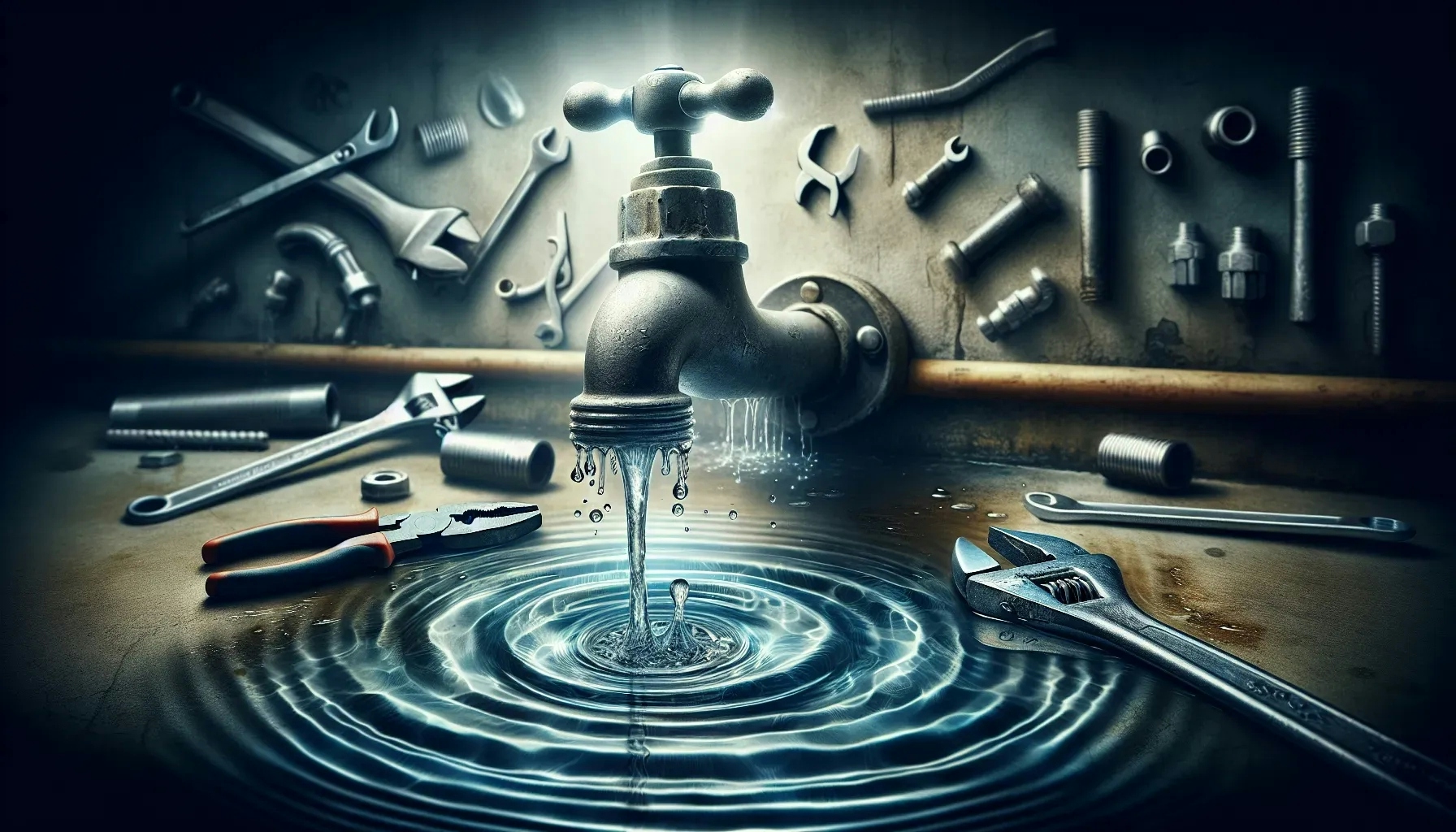What Are Common Misconceptions About Plumbing?
Plumbing is a field rife with myths and misunderstandings, as revealed by a Founder and CEO who clarifies misconceptions about structured pricing. Alongside expert insights, we've gathered additional answers that shed light on common errors and oversimplifications. From the risks of do-it-yourself plumbing to the importance of addressing dripping faucets to conserve water, this article demystifies plumbing for homeowners.
- Structured Plumbing Pricing Explained
- DIY Plumbing: A Risky Oversimplification
- Verify Plumbers' Licenses for Quality Work
- Prompt Repairs Prevent Costly Damage
- Diagnose Low Water Pressure Accurately
- Address Dripping Faucets to Save Water
Structured Plumbing Pricing Explained
Customers often assume that plumbers decide the prices for their services arbitrarily, based on their own whims and preferences. However, this is far from the truth. In reality, plumbing companies have a structured system for pricing their services that takes into account numerous factors, such as the complexity of the job, the time required to complete it, the materials used, and the unique needs of each customer.
The truth is that plumbing companies have to operate within a competitive market, and therefore, they must offer prices that are fair, reasonable, and competitive. They can't simply charge whatever they feel like; this would cause them to lose business to competitors offering better prices. To address this, my plumbers provide transparent pricing structures that are clearly communicated to our customers, as well as detailed estimates of the costs involved for each job.
Our plumbers also take steps to educate our customers on the factors that influence pricing, such as information on the materials, labor, and service charges that go into each job, and explain how these costs are calculated.
Lastly, we offer discounts, promotions, and flexible payment options to make our services more accessible and affordable to the customers we serve.

DIY Plumbing: A Risky Oversimplification
Many people hold the belief that plumbing is an easy, do-it-yourself project; however, this oversimplifies a complex trade. The reality is that plumbing encompasses a wide array of tasks that often require specialized knowledge and tools to ensure proper functionality and adherence to safety standards. Mishandling plumbing can lead to significant property damage and costly repairs.
Moreover, incorrect installations or fixes can pose health risks due to potential water contamination or mold growth. Before attempting to resolve plumbing issues on your own, consider the benefits of consulting a professional to ensure the job is done right.
Verify Plumbers' Licenses for Quality Work
There's a common assumption that all plumbers have valid licenses, but this is not always the case. Not all regions require plumbers to be licensed, and even in areas with strict regulations, individuals may operate without the necessary credentials. Unlicensed plumbers may lack the requisite training and adherence to building codes, which could result in substandard work and potential safety hazards.
To protect your property and ensure quality service, it's crucial to verify a plumber's license and qualifications before hiring. Take the time to do your research and choose a verified professional for your plumbing needs.
Prompt Repairs Prevent Costly Damage
Delaying plumbing repairs is a misconception that can lead to more serious and expensive problems down the line. Ignoring a small leak or intermittent clog might seem harmless, but such issues can rapidly escalate, causing extensive water damage, mold, or structural issues. Additionally, unresolved plumbing problems can lead to higher water usage and increased utility bills.
It’s important to act promptly when you notice a plumbing issue to avoid more complex and costlier repairs. Always address plumbing concerns swiftly to maintain the integrity of your home.
Diagnose Low Water Pressure Accurately
Assuming that low water pressure issues are solely due to fixtures overlooks the complexity of plumbing systems. Water pressure problems may arise from various sources, such as clogged pipes, malfunctioning pressure regulators, or even municipal supply issues. Moreover, the root cause might be corrosion or leaks that are not visible to the untrained eye.
A thorough diagnosis by a plumbing professional can pinpoint the exact cause and recommend the right solution. If you're experiencing water pressure issues, don’t hesitate to seek expert assistance for an accurate assessment.
Address Dripping Faucets to Save Water
Many underestimate the impact of a dripping faucet on their water bill, perceiving it as a minor annoyance rather than a pressing issue. However, even a small leak can waste a significant amount of water over time, leading to unnecessary expense and resource depletion. Furthermore, a leak could indicate a larger underlying problem in the plumbing system that requires attention.
Conserving water is not only cost-effective but also environmentally responsible. To prevent waste and protect your wallet, it's wise to address leaky faucets promptly by either fixing it yourself, if you're capable, or calling a plumber.

